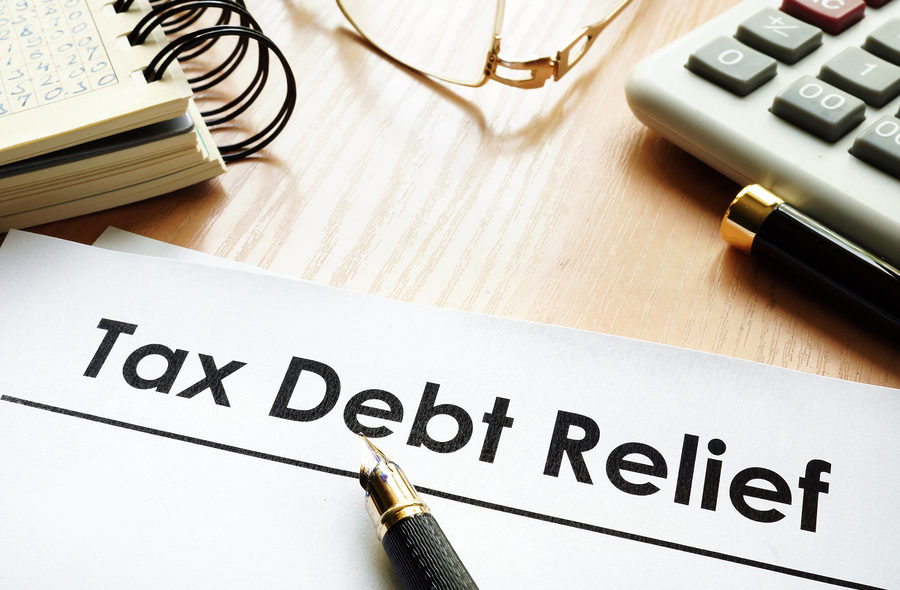A bankruptcy case can eliminate most debts, and many times, these eliminated liabilities include tax debts. However, not all tax debts can be discharged in a bankruptcy case. Ultimately it depends on the age of the debt, how it was incurred, and the type of bankruptcy being filed.
Chapter 7 and Chapter 13 Bankruptcies
In a Chapter 7 case, the bankruptcy trustee takes the assets the filer has that are not protected by Florida bankruptcy exemptions, liquidates them, and uses the proceeds to pay off as much debt as possible. If the person’s assets are not enough to cover all their debts, which often is the case, the remainder of the balances owed are discharged.
A Chapter 13 bankruptcy case allows the filer to work with the bankruptcy trustee on a three to five-year long repayment plan to pay off his or her debts. The goal is to pay most in full, but any unpaid balances are discharged at the end. However, which debts get repaid first depends on their priority level.
Tax debts are normally considered “priority” debts in both Chapter 7 and Chapter 13 bankruptcy cases, which means they are paid first when assets are liquidated in a Chapter 7 case and are included and paid in full for the most part in a Chapter 13 bankruptcy repayment plan. Since tax debt is considered priority debt, it is not dischargeable in a Chapter 13 case.
Dischargeable Tax Debt in Chapter 7 Bankruptcy
Federal income tax debt can be discharged in a Chapter 7 case only if the following factors apply:
- The tax debt is an income tax liability;
- The taxpayer did not commit fraud or willful tax evasion by failing to pay the tax;
- The tax debt is at least three years old meaning the return must have been originally filed at least three years ago;
- The taxpayer must have filed a tax return for the debt that he or she wishes to discharge at least two years before filing for bankruptcy;
- The IRS must have assessed the tax debt at least 240 days before bankruptcy was filed or must not have been assessed yet.
Federal Tax Liens
A Chapter 7 bankruptcy filing may be able to discharge the filer’s past-due tax debts and will prevent the IRS from going after that person’s bank account or wages. However, the IRS still has the option to file a federal tax lien on the person’s property. The debt may be discharged, but the lien will stay on the property. This means that if the filer ever wants to sell his or her home, the homeowner will have to pay off the tax lien before the sale goes through.
If you have questions on this topic or are in financial crisis and considering filing for bankruptcy, contact an experienced Miami bankruptcy attorney who can advise you of all of your options. As an experienced CPA as well as a proven bankruptcy lawyer, Timothy Kingcade knows how to help clients take full advantage of the bankruptcy laws to protect their assets and get successful results. Since 1996 Kingcade Garcia McMaken has been helping people from all walks of life build a better tomorrow. Our attorneys’ help thousands of people every year take advantage of their rights under bankruptcy protection to restart, rebuild and recover. The day you hire our firm, we will contact your creditors to stop the harassment. You can also find useful consumer information on the Kingcade Garcia McMaken website at www.miamibankruptcy.com.
Related Resources:
https://www.thebalance.com/bankruptcy-and-tax-debts-3192950
https://www.nolo.com/legal-encyclopedia/bankruptcy-tax-debts-eliminating-29550.html

